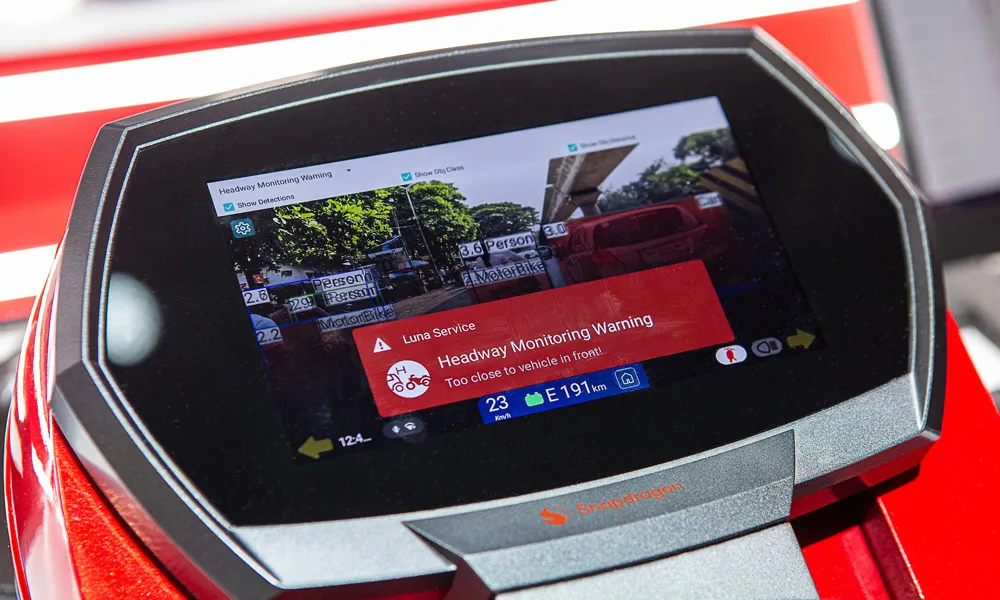The Mineta Transportation Institute has released its newest research report, Ecodriving and Carbon Footprinting: Understanding How Public Education Can Result in Reduced Greenhouse Gas Emissions and Fuel Use, which provides a review and study of ecodriving. The report found that exposure to ecodriving information influenced people's driving behaviour and some maintenance practices. While not everyone modifies their behaviour after reviewing this information, even small behavioural shifts due to inexpensive
April 26, 2012
Read time: 1 min
The 5277 Mineta Transportation Institute has released its newest research report, Ecodriving and Carbon Footprinting: Understanding How Public Education Can Result in Reduced Greenhouse Gas Emissions and Fuel Use, which provides a review and study of ecodriving. The report found that exposure to ecodriving information influenced people's driving behaviour and some maintenance practices. While not everyone modifies their behaviour after reviewing this information, even small behavioural shifts due to inexpensive information dissemination could be a cost effective way to reduce fuel consumption and emissions. These methods could augment more costly "dynamic ecodriving" approaches, which give continuous feedback through on-board monitoring devices.
The complete report includes nearly 40 figures and tables to illustrate key points. It is available for free download here.
The complete report includes nearly 40 figures and tables to illustrate key points. It is available for free download here.









